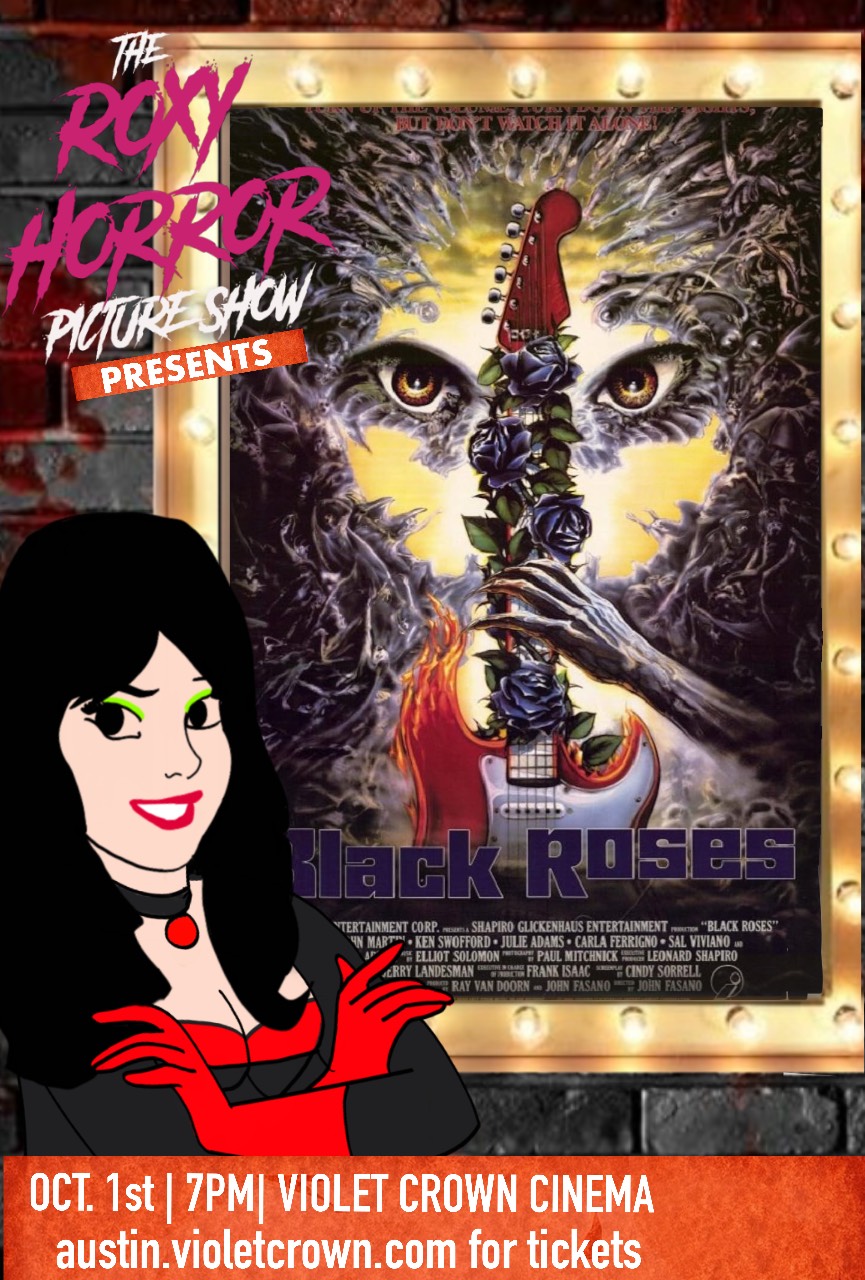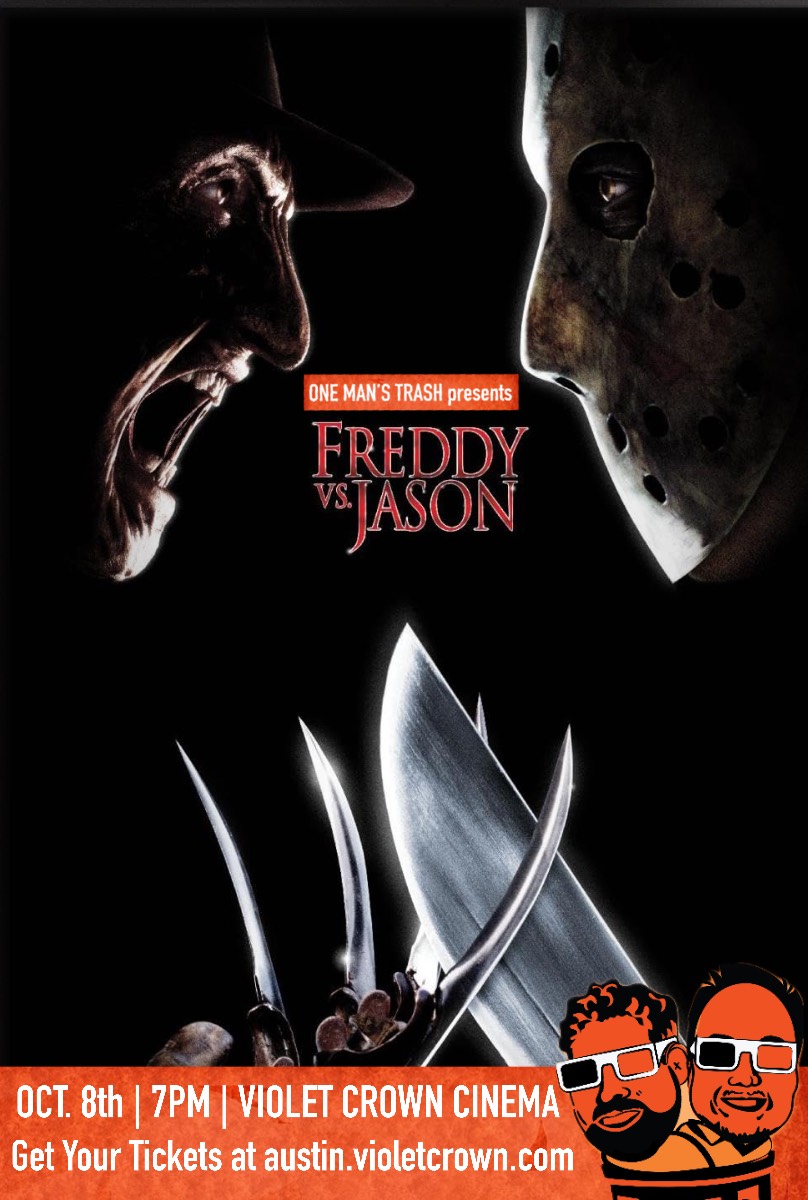Why is it that when you say “I love you” to your mom, your friend, and your significant other, it can mean completely different things in each context? Why is it that some people say, “I love you, but not in that way…”? It’s because the concept of love is a very abstract and paradoxical one, even if we like to pretend it’s very simple. It can be both the antithesis of reason and reason itself.
Spike Jonze’s film Her creates a very authentic future. Not just in terms of the advancement of technology, but also what the future will feel like on a very personal and intimate level. He challenges our understanding of relationships, as well as the understanding of our own emotions. One way he does this is by asking a very simple question. However, it becomes more complicated as we peel back the layers:

“Is love possible between a person and an operating system?”
The truth is I don’t know the answer. What I do know is that it flooded my mind with so many philosophical questions that I felt like I was drowning in the ocean of my own thoughts. My goal is not to find answers, but rather to explore a couple of these questions and hopefully be provided with some insight by you lovely folks. So let’s use the context of Her as a boat, and explore the vast and murky ocean that is “love.”
*NOTE: there are absolutely NO plot spoilers in this article, so feel free to keep reading even if you haven’t seen the film!
1. How ‘real’ are our emotions?

“It makes me sad that you can’t handle real emotions”
“These are real emotions!”
This question crossed my mind once Samantha experienced a bit of existential dissonance, and said this to Theodore:
“I caught myself feeling proud of having my own feelings about the world. But then I had this terrible thought… are these feelings even real? Or are they just programming?”
At first, my automatic thought processes kicked in and I said that it is most definitely the result of programming. She is an operating system after all, and she was designed through scripts and logic. However, it really says something that Sam was aware enough to question her own entity, and have feelings about having feelings. Then, I started to question what emotion even is. In reality, emotion is no more than just chemical reactions in your brain. This is why we can prescribe anti-depressants for people suffering from depression. In fact, psychologist Stanley Schachter came up with a two factor model of how to explain emotion:
Emotion= physiological arousal + cognitive label
We like to hold on to the idea of emotion being one of the major factors that separates us from machine. It is a trait that we define as making us human, which is actually funny when you think about how emotion is basically just a “cognitive script.” Well, you might say that real emotion is human emotion, and it is impossible for a computer to become sentient. However, perhaps I can flip the script on you, and provide you with an excerpt from a short science fiction story written by Terry Bisson. The story is more of a dialogue between two life forms having a conversation about humans:
They’re Made Out of Meat

“Meat. They’re made out of meat.”
“Meat?”
“There’s no doubt about it. We picked up several from different parts of the planet, took them aboard our recon vessels, and probed them all the way through. They’re completely meat.”
…
“Spare me. Okay, maybe they’re only part meat. You know, like the weddilei. A meat head with an electron plasma brain inside.”
“Nope. We thought of that, since they do have meat heads, like the weddilei. But I told you, we probed them. They’re meat all the way through.”
“No brain?”
“Oh, there’s a brain all right. It’s just that the brain is made out of meat! That’s what I’ve been trying to tell you.”
“So … what does the thinking?”
“You’re not understanding, are you? You’re refusing to deal with what I’m telling you. The brain does the thinking. The meat.”
“Thinking meat! You’re asking me to believe in thinking meat!”
“Yes, thinking meat! Conscious meat! Loving meat. Dreaming meat. The meat is the whole deal! Are you beginning to get the picture or do I have to start all over?”
“Omigod. You’re serious then. They’re made out of meat.”
It really is baffling that all these advancements in thought and technology come from our gelatinous brains (hey! Meat has feelings too!). So what separates human emotion from artificial emotion? Does emotion have to have a physiological basis in order to be considered ‘real’ emotion? Is this where the idea of the soul comes in to play? What is a soul? Okay, now we’re treading metaphysical waters. So I’ll stop there before my hea-

2. Why is ‘love’ ambiguous?
 “Tonight after you were gone I thought a lot. About you and how you’ve been treating me and I thought… Why do I love you?”
“Tonight after you were gone I thought a lot. About you and how you’ve been treating me and I thought… Why do I love you?”
If you were to ask me, “What is love?” I couldn’t tell you. Like I’ve said before, it’s a very abstract concept to put in to words, and it makes us all confused. I would say that it is an emotion, but when I compare it to other emotions, it doesn’t follow the same grammatical rules. For example, you can say, “I’m happy with you” and “I’m angry with you”, but you don’t say “I’m love with you”. You either say “I’m in love with you”, or “I love you”, and even then they don’t mean the same thing. It’s that idea of being in love that transcends this concept beyond just an emotion. Sure, you can say “I’m in frustration with you” or “I’m frustrated with you”, which does follow the same grammatical rules as the word ‘love’, but those two different sentences have a sense of congruence in their meaning. Love is a very fluid word.
Although, perhaps this confusion is due to the English language. I mentioned earlier that we can say “I love you” in different situations, and have it mean different things. The word ‘love’ does not have a universal definition. This is why the Greek language has different words for the different kinds of ‘love’:
— Eros (AIR-oss –Greek god of love) for “erotic” or sexual love.
— Philia (fie-LEE-ah — Greek word for “brother”) for brotherly or friendly love.
— Storge (stor-gay — Greek word for “affection”) the love of a parent for a child.
— Agapē (ah-GAH-pay — Koine Greek for for “Unconditional Love”. The Christians borrowed it to mean a special kind of love as shown in the poem (author unknown) in I Corinthians 13, and in the New Testament is refereed to as the ‘Love of God for humans’ and vice versa.
It’s kind of funny to think that the English language has so many words and synonyms for other words, yet we have only one word to describe a feeling that encompasses many different things. Well, I guess we have other words such as infatuation, lust, and camaraderie, but they don’t carry the same weight as the word ‘love’. In fact, I’m going to make up another word for the special case of Theodore and Samantha. Technogape. The love of technological entities for humans and vice versa, because damn it computers need love too!
3. What does love mean in a relationship?
 “I don’t have an intellectual reason. I don’t need one. I trust my self, I trust my feelings. I’m not gonna try to be anything other than who I am anymore, and I hope you can accept that.”
“I don’t have an intellectual reason. I don’t need one. I trust my self, I trust my feelings. I’m not gonna try to be anything other than who I am anymore, and I hope you can accept that.”
As you can tell by now, I’m no love expert. Neither am I an expert in relationships. The only relationship I’ve been in is the one I am in now, which doesn’t exactly make me Dr. Nerdlove. However, one dilemma that I applaud Her for bringing up, is the idea that ‘love’ isn’t enough for a relationship to thrive on (This was explored in two different contexts, but there are no spoilers here so I’ll keep quiet). This dilemma is a very real one, but just like love, there are different reasons for this, and really is something that is hard to put in to words as to why it happens. We hear all the time that people who love each other profoundly, sometimes just can’t work in a relationship. It is something that I can understand, but can’t fully grasp. So I interviewed a friend of mine who has been through something like this:
“After I figured out what happened, I couldn’t trust him anymore. I was hurt and I felt betrayed. I still loved him, but it was hard for me to try and make the relationship work. It was like walking on a fragile glass floor to keep him in my life.” -S.M.
Her line about walking on fragile glass is perfect for the one, of many situations, where love isn’t enough for a relationship to work. It illustrates her desire to fully open up to him, yet anxiety and trepidation overpower that desire, since she was hurt on a very profound level. She felt that by trying to keep this person in her life, she was only causing herself pain.
However, this situation doesn’t have to be a sad and depressing one. It can also be a very bitter sweet one. Sometimes people change and evolve, and need to go out there and explore things for themselves. It isn’t that one person is holding the other back per say, but rather they are now two different people that have arrived at a fork in the road. They still love each other, but it is time for them to part ways and explore their newly found selves.
Honestly, I can go on and on about the ideas in Her, as well as the complexities of ‘love’ in the modern age, but in reality, it is kind of pointless for two reasons. (1.) I don’t have enough space in one article to do so. (2.) love is just love. Nothing more, and nothing less. It isn’t something that you can question or explain really, but rather it is something that you experience.
On behalf of OneofUs.net, I would like to say that we love all our followers, and the community we have created. We are so grateful to have such a passionate group of people here, and we hope to keep expanding and share the love! Hooray for Polyamory !
Happy Valentine’s Day!
Love,
Us
Sources:
Bisson, Terry. “They’re Made Out of Meat.” Terrybisson. N.p., n.d. Web. 12 Feb. 2014.
“Greek Words for Love.” Wikipedia. Wikimedia Foundation, 02 Sept. 2014. Web. 11 Feb. 2014.






